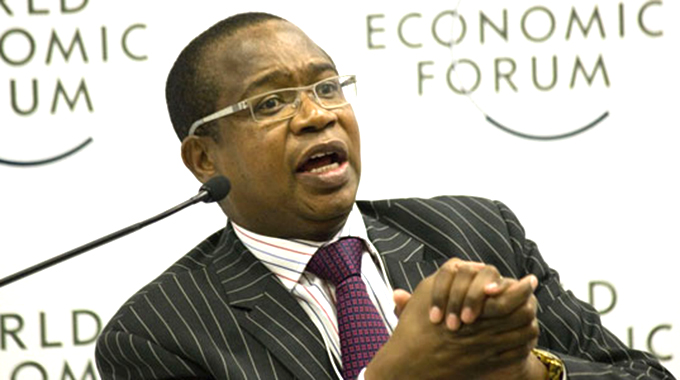EDITORIAL COMMENT: Zanu-PF’s commitment to devolution commendable

Over the past couple of months, there has been a growth in the discourse around the issue of devolution in Zimbabwe.
Devolution refers to the cascading of powers to lower levels of governance by the central Government and in Zimbabwe a key feature of this is the creation of provincial councils that will become the authority in the running of affairs in the country’s regions.
The concept, which has been a long-standing governance issue, was crystalised in the national Constitution of 2013.
Devolution is in line with the harmonisation of laws with the Constitution — and the country is doing well in fulfilling the letter and spirit of the national charter. It is useful to place the concept into a constitutional perspective.
According to the national charter, devolution is in line with the principles of good governance, which bind the State and all institutions and agencies of Government at every level with devolution and decentralisation of governmental power and functions.
The Constitution sets out a number of instructive principles guiding the practice of devolution.
The preamble to the section dealing with devolution makes it clear that the aim is the preservation of national unity in Zimbabwe and the prevention of all forms of disunity and secessionism; the democratic participation in Government by all citizens and communities of Zimbabwe; and the equitable allocation of national resources and the participation of local communities in the determination of development priorities within their areas.
The objectives of the devolution of governmental powers and responsibilities to provincial and metropolitan councils and local authorities are, inter alia, to give powers of local governance to the people and enhance their participation in the exercise of the powers of the State and in making decisions affecting them; to promote democratic, effective, transparent, accountable and coherent Government in Zimbabwe as a whole; to preserve and foster the peace, national unity and indivisibility of Zimbabwe; to recognise the right of communities to manage their own affairs and to further their development; to ensure the equitable sharing of local and national resources; and, lastly, to transfer responsibilities and resources from the national Government in order to establish a sound financial base for each provincial and metropolitan council and local authority.
There are many issues that the Constitution outlines in adoption and practise of devolution.
We believe that the concept was enunciated comprehensively and would boast as one of the most well-thought-out provisions.
That the ruling Zanu-PF and Government are now actively seeking to fulfil this constitutional requirement is a cause for celebration.
Finance Minister Professor Mthuli Ncube, in his 2019 Budget, allocated US$310 million for the exercise, giving each of the 10 national provinces about $31 million.
At the just-ended 17th Zanu-PF National People’s Conference in Esigodini, the ruling party discussed the implementation of the concept, with President Mnangagwa making key pointers on the concept for the benefit of delegates. The concept is developmental and serves the economic and political functions.
In line with his approach of prioritising the economy, President Mnangagwa emphasised devolution as an economic fundamental and especially pointed out that devolution should not translate to secession.
This idea of devolved power has been held in some quarters that sought to break away from the country and govern themselves as a separate entity from the whole.
Zimbabwe remains a unitary state, and it is what the President has emphasised.
It is a developmental paradigm that should be capitalised on using local natural resources.
Zimbabwe should embrace the purest form of devolution as part of the developmental agenda and President Mnangagwa’s Vision 2030.










Comments